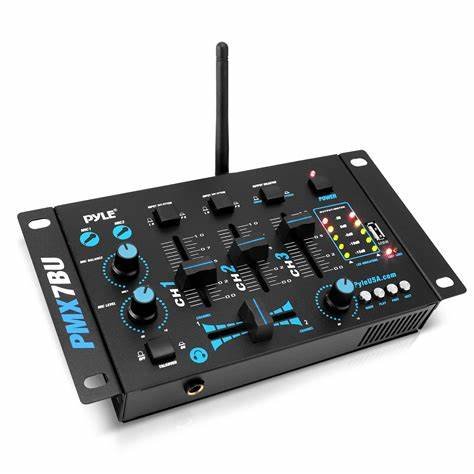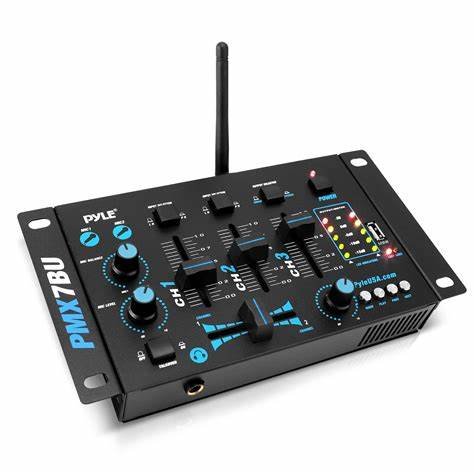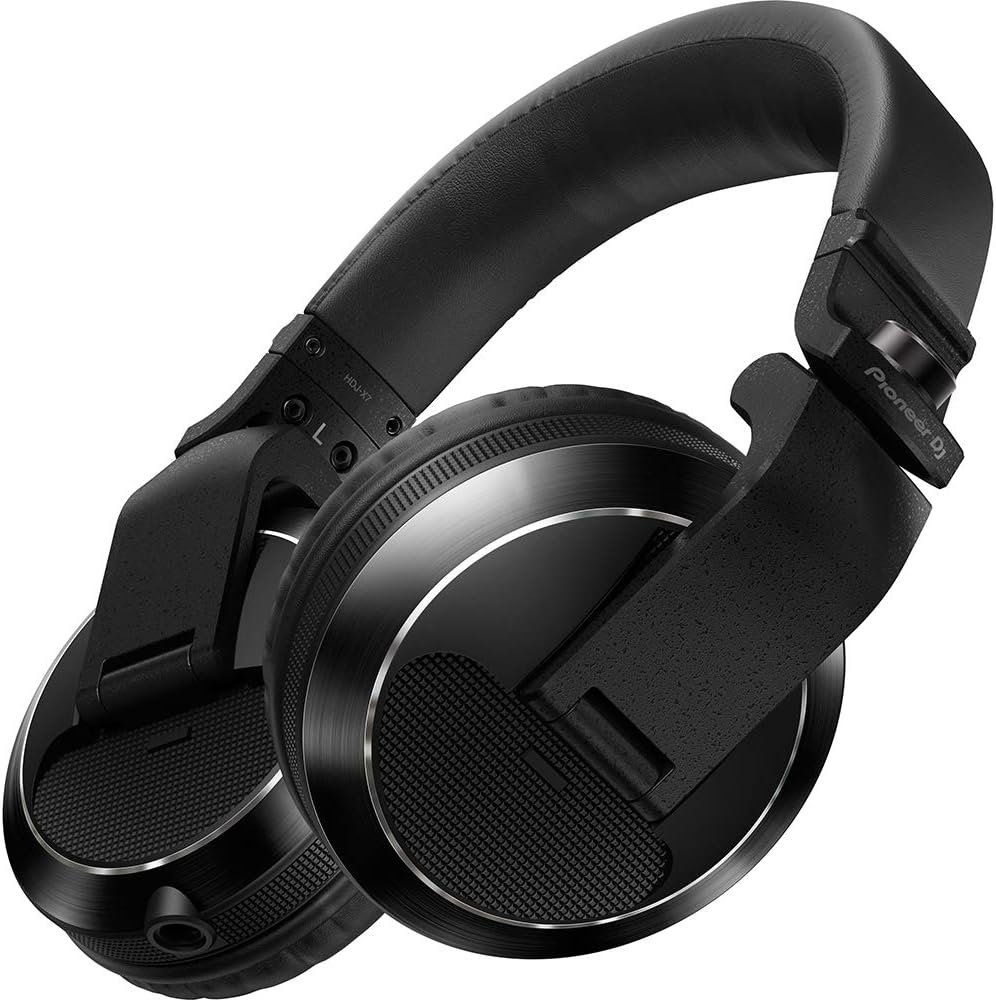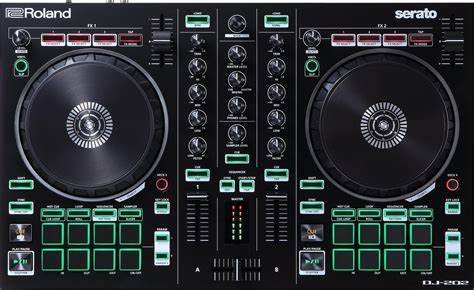The advent of wireless technology has revolutionized numerous industries, and DJing is no exception. Wireless DJ equipment offers DJs the freedom to move around without the constraints of tangled cables, but it also presents some unique challenges. In this article, we will explore the advantages and disadvantages of using wireless gear for your DJ setup.
Pros of Wireless DJ Equipment
1. Freedom of Movement
One of the primary benefits of using wireless DJ equipment is the increased freedom it provides. With no cables to worry about, DJs can move around the stage or venue more easily. This is especially valuable for those who perform on large stages or in dynamic environments where mobility is key. Wireless technology allows DJs to interact with the crowd, move between equipment, and deliver a more energetic performance without being confined to a specific area.
2. Reduced Clutter
Cables can create a significant amount of clutter in a DJ booth, potentially causing tripping hazards or damaging equipment over time. By switching to wireless DJ gear, you can reduce cable mess and streamline your setup. This not only improves the aesthetic of your booth but also makes it easier to set up and break down after events. A cleaner, more organized workspace can contribute to a more efficient and enjoyable performance.
3. Quick Setup and Breakdown
Wireless equipment eliminates the need for managing long cables during setup and teardown. Whether you’re working at a club, festival, or private event, you can quickly establish connections and get started with your performance. This efficiency can save you valuable time, especially when you’re working with tight schedules or multiple acts.
4. Flexibility and Versatility
Wireless technology offers more flexibility in terms of equipment placement. For instance, wireless speakers, microphones, and controllers can be positioned in a way that best suits the acoustics and layout of the venue, without being restricted by where cables can reach. This versatility can be especially helpful in unconventional spaces or when you need to adjust on the fly to optimize sound quality.
5. Clean and Modern Look
Wireless gear gives your setup a sleek, modern appearance. Many DJs opt for wireless systems to create a futuristic look that aligns with contemporary aesthetics. Without visible cables, the focus is entirely on the music and the performance, which can elevate the overall atmosphere.

Cons of Wireless DJ Equipment
1. Potential Signal Interference
One of the biggest drawbacks of wireless DJ equipment is the possibility of signal interference. Wireless signals, especially those transmitted over Bluetooth or Wi-Fi, are susceptible to disruptions from other devices operating on the same frequency. This can result in poor audio quality, drops in connection, or even total loss of signal during a performance. In large venues, with multiple wireless systems running concurrently, interference becomes a significant concern.
2. Limited Range
Wireless systems generally have a limited range, which can restrict your ability to move freely around the venue. While some equipment offers a decent range, it’s still often less reliable than wired connections, particularly in large spaces. DJs who rely heavily on mobility during their performance might find that wireless equipment doesn’t offer the same level of reliability and coverage as traditional wired setups.
3. Battery Life Concerns
Wireless equipment, especially controllers, microphones, and speakers, typically runs on batteries or rechargeable power sources. While this adds convenience, it also means that you need to be mindful of battery life throughout your set. Battery failures can lead to significant interruptions, and keeping extra charged batteries or power banks on hand is essential for ensuring a seamless performance.
4. Higher Cost
Wireless DJ gear tends to be more expensive than wired alternatives. This is because wireless technology requires additional components, such as transmitters and receivers, which increase the cost of the equipment. While the convenience of wireless gear may be worth the investment for some, it’s important to weigh this extra expense against your budget and performance needs.
5. Signal Reliability and Latency
Wireless systems may experience latency issues, which can lead to delays between the signal being transmitted and the sound output. This can be particularly noticeable when using wireless controllers, where a slight lag can affect the DJ’s timing and ability to cue up tracks precisely. Some DJs may find this delay distracting or problematic, especially when mixing in high-energy environments where timing is critical.
6. Limited Upgrade Options
While the wireless DJ gear market is growing, there are still fewer upgrade options compared to wired equipment. Certain specialized tools and accessories that you might want to add to your setup may not yet be available with wireless capabilities. This could limit your ability to expand your gear or improve your setup as your needs evolve.
Conclusion
Wireless DJ equipment offers several advantages, including freedom of movement, reduced clutter, and quick setup. However, it also comes with its own set of challenges, such as signal interference, limited range, and potential battery life concerns. Ultimately, the decision to use wireless gear comes down to your specific performance needs, budget, and the type of venues you play. For some DJs, the convenience and modern look of wireless equipment are well worth the trade-offs, while others may prefer the reliability of traditional wired systems.











